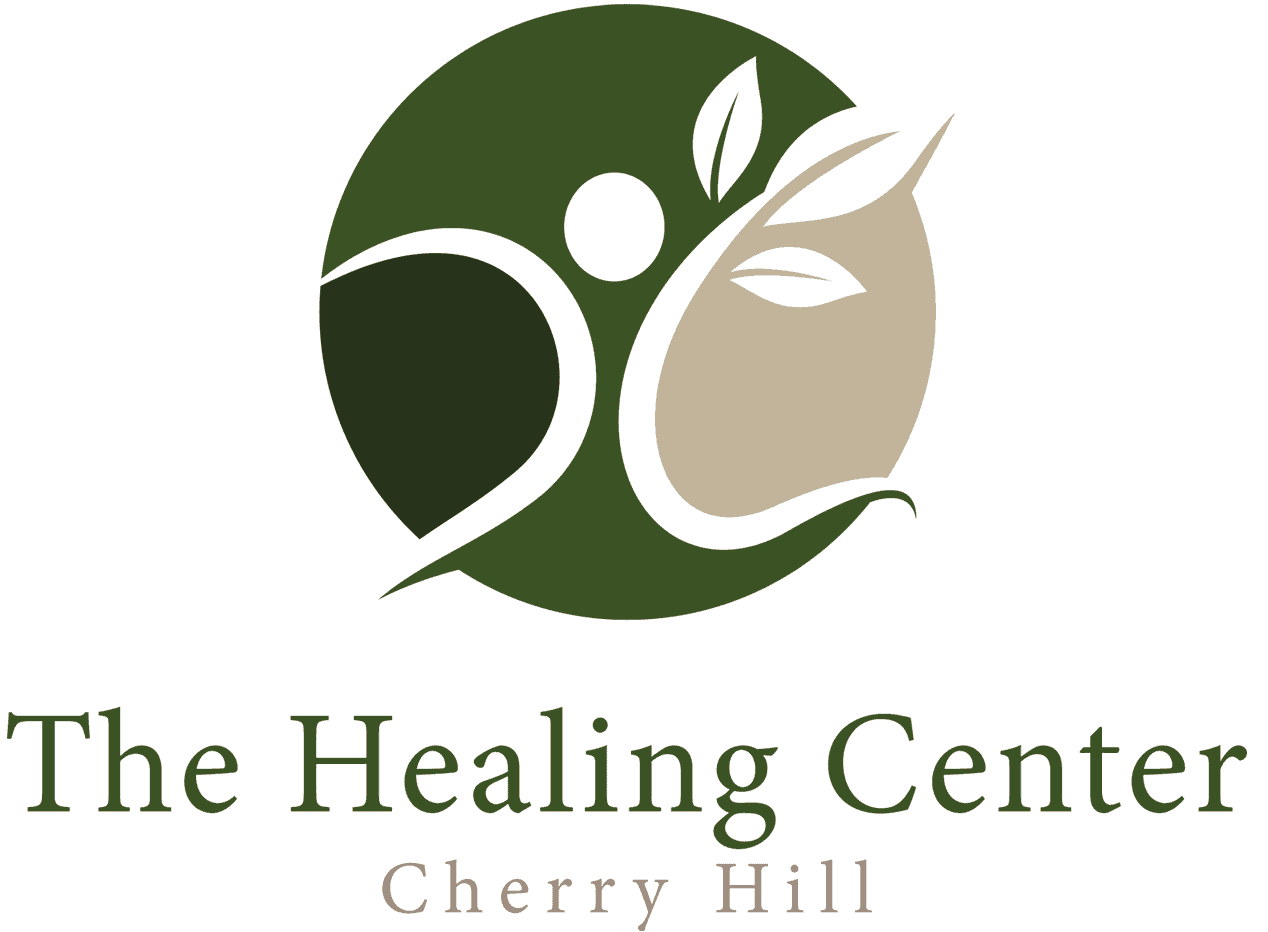Depression is a prevalent mental health condition that casts a shadow over millions of Americans. It affects people from all walks of life, irrespective of race, age, gender, or socio-economic background. According to the Centers for Disease Control and Prevention, an estimated 1 in 5 adults in the United States has been diagnosed with depression. While the reasons behind a person’s depression may sometimes be apparent, such as loneliness or the loss of a loved one, a pet, or a job, there are also hidden signs of depression that often go unnoticed.
What Is Depression?
Hidden Signs Of Depression
Common signs of depression may include crying spells, persistent sadness, loss of interest in once-enjoyed activities, sluggishness, insomnia, changes in appetite, and thoughts of death or suicide. However, individuals with depression may hide their symptoms, making it essential to recognize the less obvious signs to help them seek support and prevent the condition from worsening.
Hidden signs of depression can include:
1. Low Sex Drive: Depression often leads to fatigue, low self-esteem, and a loss of interest in previously pleasurable activities, affecting sexual desire and satisfaction.
2. Wacky Emotions: Individuals with depression may experience unconventional emotions, such as misplaced anger, inappropriate laughter, or unexplained outbursts.
3. Overworking: Some individuals with depression may overcompensate by working excessively or taking on additional responsibilities to escape their emotions.
4. Reckless Behavior: Impulsive and reckless behavior may manifest as individuals seek instant gratification to cope with depression, leading to financial problems, promiscuity, or excessive eating and drinking.
5. Physical Aches and Pains: The body’s response to stress and tension in depression can result in physical symptoms, including headaches, stomachaches, back pain, and the exacerbation of chronic conditions.
6. Negative Self-Talk: Those with depression may engage in persistent negative self-talk, criticizing themselves or shouldering guilt for matters beyond their control.
7. Forced Happiness: Referred to as “smiling depression,” this involves individuals forcing a smile to conceal their inner sadness, loneliness, or helplessness. However, maintaining this facade can be emotionally taxing.
8. Perfectionism or OCD: Some individuals turn to perfectionism or obsessive-compulsive behaviors to regain a sense of control over their lives, which may involve obsessively cleaning, organizing, or checking.
9. Drug or Alcohol Abuse: To cope with depression, some individuals resort to alcohol or drugs, which can exacerbate the problem and lead to a co-occurring substance use disorder.
Supporting someone with hidden depression includes encouraging them to seek treatment, offering to accompany them to appointments, planning activities together, promoting self-care, and setting wellness goals. Depression is highly treatable, and seeking help from a mental health professional is essential for accurate diagnosis and appropriate treatment options.
Treatment Options For Depression
Treatment options for depression are diverse and can be highly effective. The choice of treatment depends on the severity of the depression, individual preferences, and the advice of healthcare professionals. Here are some common treatment options for depression:
Psychotherapy (Talk Therapy):
- Cognitive-Behavioral Therapy (CBT): CBT is a well-established form of therapy that helps individuals identify and change negative thought patterns and behaviors associated with depression.
- Interpersonal Therapy (IPT): IPT focuses on improving relationships and communication skills to alleviate depression symptoms.
- Psychodynamic Therapy: This therapy delves into the unconscious conflicts that may contribute to depression
Medications:
- Antidepressants: These medications can help alleviate depression symptoms by rebalancing neurotransmitters in the brain. Common types include selective serotonin reuptake inhibitors (SSRIs), serotonin-norepinephrine reuptake inhibitors (SNRIs), and tricyclic antidepressants (TCAs).
- Atypical Antidepressants: These include medications like bupropion and mirtazapine, which work differently from traditional antidepressants.
- Mood Stabilizers: In some cases, mood stabilizers such as lithium may be used to manage depression, especially in bipolar disorder.
Electroconvulsive Therapy (ECT):
- ECT may be recommended for severe depression that has not responded to other treatments. It involves controlled electrical stimulation of the brain to induce a controlled seizure. ECT is generally considered safe and effective, especially for treatment-resistant depression.
Transcranial Magnetic Stimulation (TMS):
- TMS is a non-invasive procedure that uses magnetic fields to stimulate nerve cells in the brain. It is typically used when other treatments have not been effective.
Lifestyle Changes:
- Regular exercise can help alleviate depression symptoms by releasing endorphins and improving overall well-being.
- Maintaining a healthy diet and getting adequate sleep can also have a positive impact on mood.
- Reducing or eliminating alcohol and drug use is essential, as these substances can worsen depression.
Support Groups:
- Joining a depression support group can provide a sense of community and the opportunity to share experiences and coping strategies with others who are dealing with depression.
Self-Help Strategies:
- Self-help techniques, such as mindfulness, meditation, and relaxation exercises, can help individuals manage depression symptoms.
Complementary and Alternative Therapies:
- Some individuals find relief from depression through complementary therapies like acupuncture, herbal supplements, or dietary changes. These should be used in conjunction with, rather than as a replacement for, evidence-based treatments.
Hospitalization:
- In severe cases where there is a risk of self-harm or harm to others, hospitalization may be necessary for stabilization and safety.
Integrated Care:
- Many people with depression benefit from a combination of treatment approaches, such as therapy and medication.
It’s important to consult with a healthcare professional, typically a psychiatrist or a mental health specialist, to determine the most suitable treatment plan. Treatment effectiveness varies from person to person, and it may take time to find the right approach. The support of loved ones and consistent follow-up with healthcare providers is crucial for long-term recovery. Depression is a treatable condition, and with the right treatment, most individuals can experience significant improvement in their quality of life.
Treatment For Depression In New Jersey
If you or a loved one has turned to drugs and alcohol to cope with depression, The Healing Center is here to help. Our team is dedicated to your ongoing treatment, offering a range of resources to support your recovery journey. Contact us today to take the first step towards healing and reclaiming your life.
